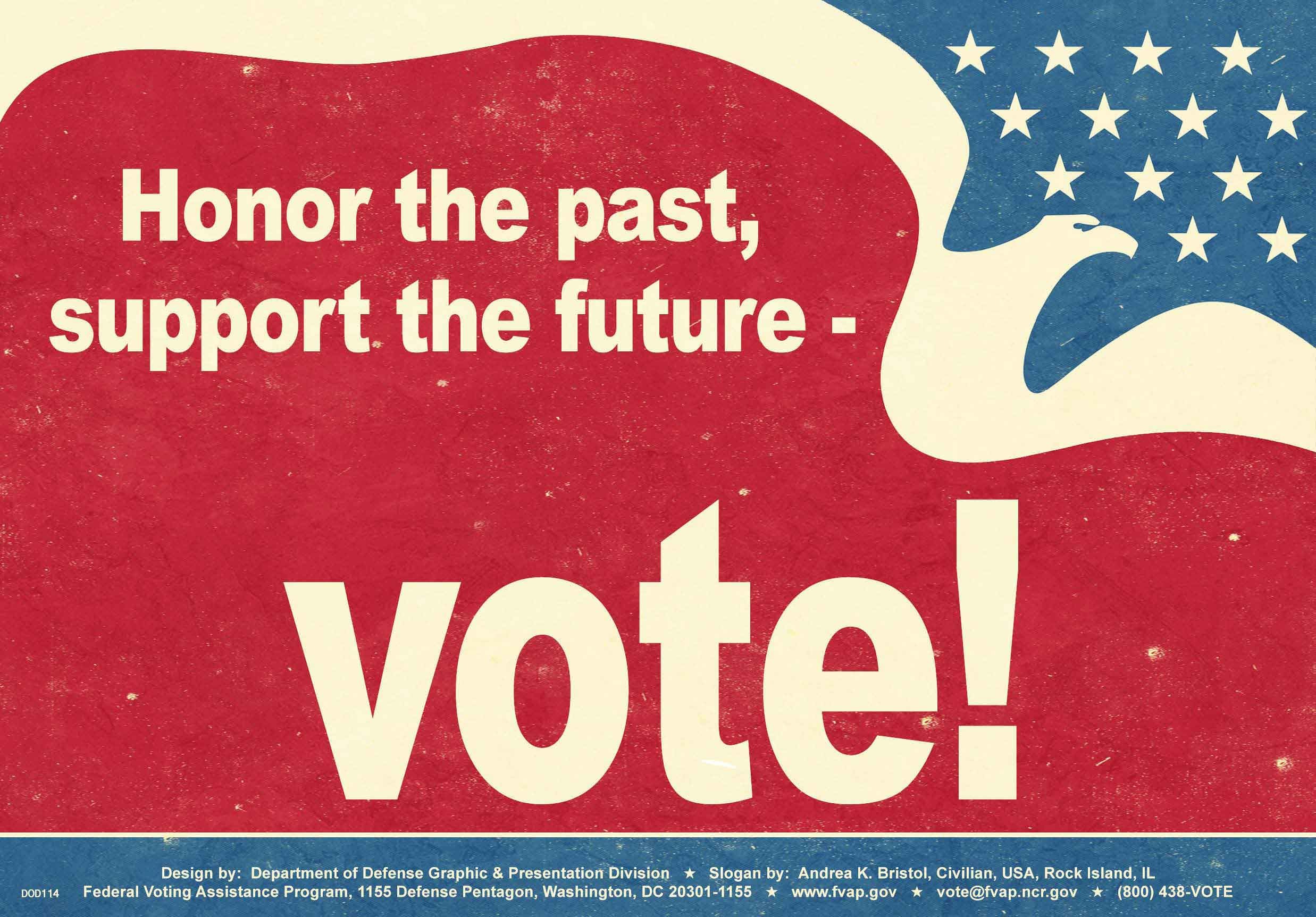FORT McPHERSON, Ga. (Nov. 2, 2010) -- The 2010 political campaign season is now in full swing with local, state and national elections taking place today.
As members of the federal government, military personnel have the right, like all citizens, to participate in the democratic process.
However, it is important to recognize that federal laws limit the ways in which employees of the federal government may participate in certain political activities.
Both Civilian employees and service members are free to engage in most political activities.
However, some activities are prohibited.
The rules governing civilian employees and service members are not the same.
The "Hatch Act" and its implementing regulations govern civilian employee political activity while the political activities of service members are governed by DoD directives. Civilian employees are free to engage in the vast majority of political activities.
This includes joining a political party; displaying a political sticker, sign or button; attending a convention or rally; serving as a political party officer or delegate; serving as a poll worker; distributing political literature; endorsing or opposing a candidate and, of course, voting.
Civilian employees are also allowed to run for non-partisan office, make financial contributions to a campaign and attend political fundraisers.
In regard to activities that are prohibited, employees may not use official authority to interfere with election results, solicit or receive volunteer services from a subordinate, allow the use of their official title in political fundraising, host or sponsor a political fundraiser, or run for partisan office.
Most importantly, employees may not use their official titles when participating in permissible political activities or participating in an otherwise permissible political activity while on duty, in a government office, or while using a government vehicle.
Like civilian employees, service members are also free to engage in a wide variety of political activity.
They may join a political party; display a political sticker, sign or button; and vote. They may also attend political rallies as a spectator, provided they are not in uniform, and may make financial contributions to candidates who are not employees of the U.S. There is a longstanding tradition that service members not engage in partisan politics.
In keeping with this concept, service members are prohibited, by law, from using official titles when participating in permitted political activities, and from soliciting or receiving volunteer services from a subordinate, soliciting or receiving political contributions, participating in partisan political management, campaigns or conventions (unless attending as a spectator not in uniform) or running for partisan office.
There are also significant limits on a service member's ability to run for non-partisan political office.
As there are a number of restrictions on the activities of military personnel and the rules are not always clear, the most prudent course of action is to ask before engaging in any political activity.
This is especially advisable for personnel planning to run as a candidate for a local, state or national office. DoD policy encourages both service members and cvilian employees to carry out the responsibilities of citizenship.
However, care needs to be exercised to ensure that neither service members or civilian employees act in a manner that would imply or appear to imply that political activities are endorsed or approved by DoD, according to the both the Hatch Act and DOD directives.
The general rule is to maintain a separation between professional lives as civilian employees or service members, and personal actions as citizens, party supporters and voters.


Social Sharing